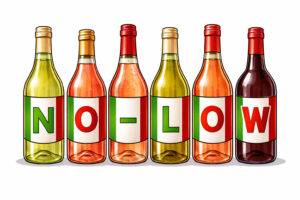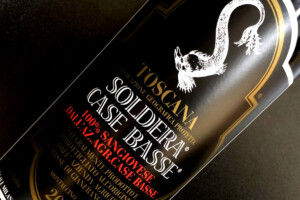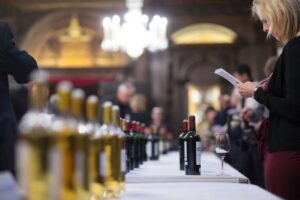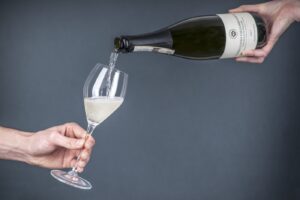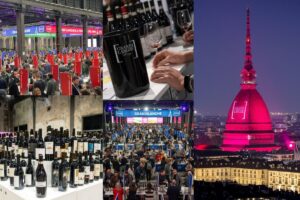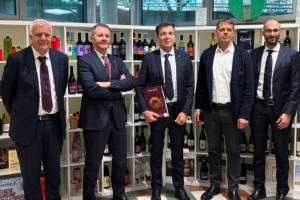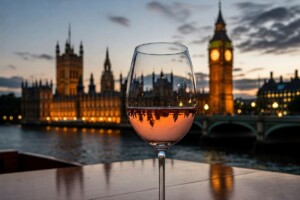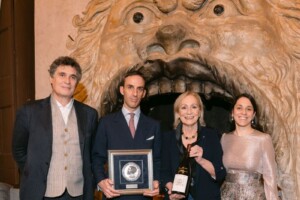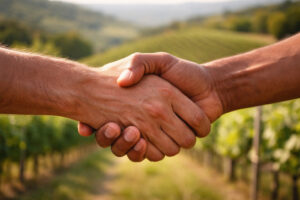Less pesticides and less chemicals in vineyards: this is the message, in synthesis, that was sent by Carlo Petrini, the president of Slow Food, to Italian wine producers at the recent presentation of the Guida ai Vini d’Italia 2009 guide published by Gambero Rosso and Slow Food.
“Europe puts 258,000 tons of pesticide on its land each year” – stated Petrini – “and wine contributes heavily with 100,000 tons, almost 40% of the total. And this has heavy costs, both in economic and environmental terms”.
Petrini suggested that Italian wine producers, who are the “tip of the diamond” of Italian agricultural, should ask for aid from science, “in order to liberate us from this slavery and, not with a magic wand, but slowly, diminishing this invasion of dangerous products. A difficult endeavour, also because the wine world is divided in two on these issues: on the one hand there the virtuous… and on the other, the marketers, those who must sell, who must have good wine, etc. – one armed against the other”.
But Petrini believes that this is, instead, a battle that must be confronted united, if not for ethical reasons then at least for marketing ones because, “even consumers will be asking for this”, or rather, consumers will soon be insisting that all products they buy pay more attention to the environment.
Petrini also offered a guideline to help confront these changes, inviting winemakers to, “Produce wine that you like and that you would give to your children. Love the land like your grandparents and parents, treat it well, reuse and respect it. Return to the centrality of the farmer, and stay there”.
”We have conquered” – concluded Petrini – “the world with goodness, and now we cannot be robbed of the challenge of giving attention to the environment by others who have already understood this trend, like, for example, the Americans in California”.
Copyright © 2000/2026
Contatti: info@winenews.it
Seguici anche su Twitter: @WineNewsIt
Seguici anche su Facebook: @winenewsit
Questo articolo è tratto dall'archivio di WineNews - Tutti i diritti riservati - Copyright © 2000/2026













